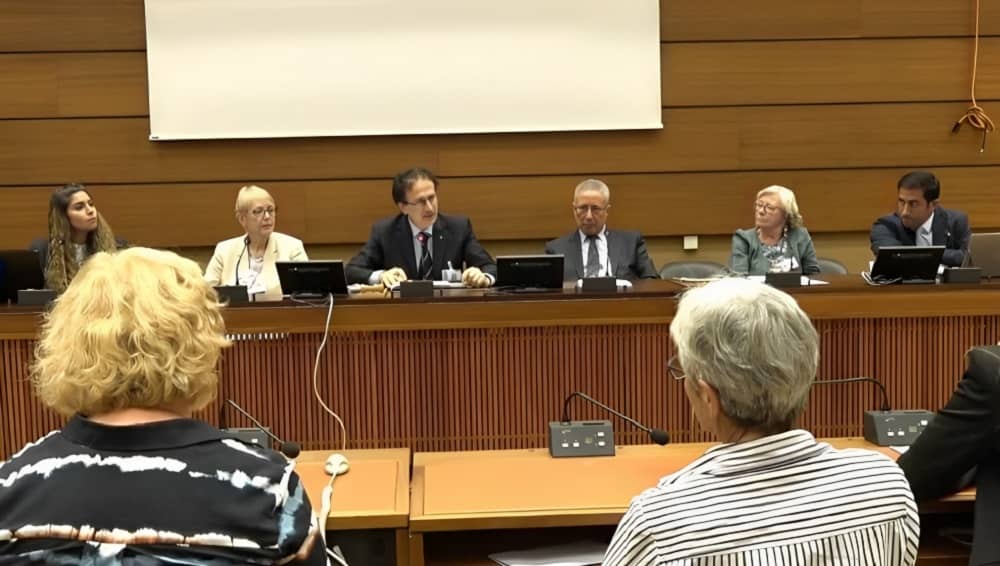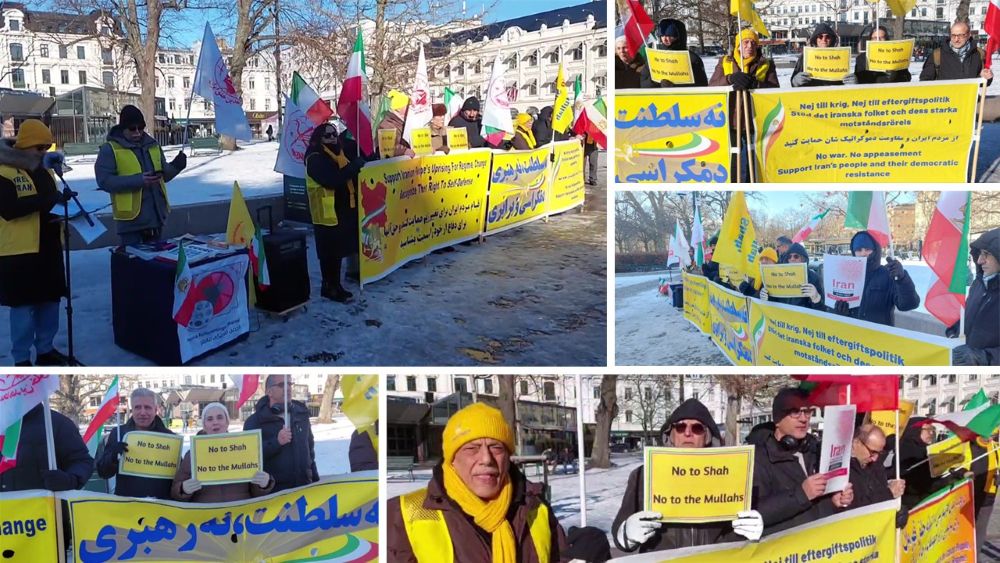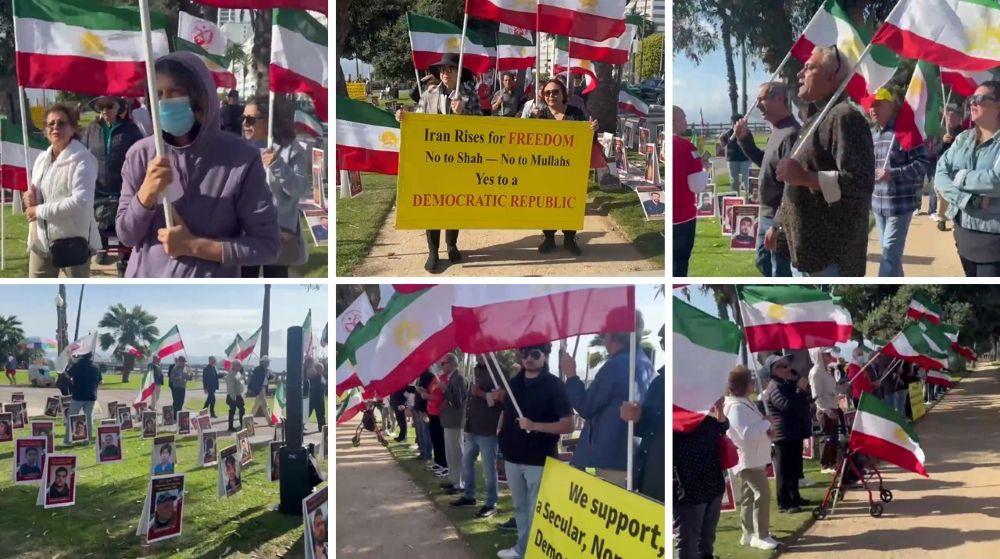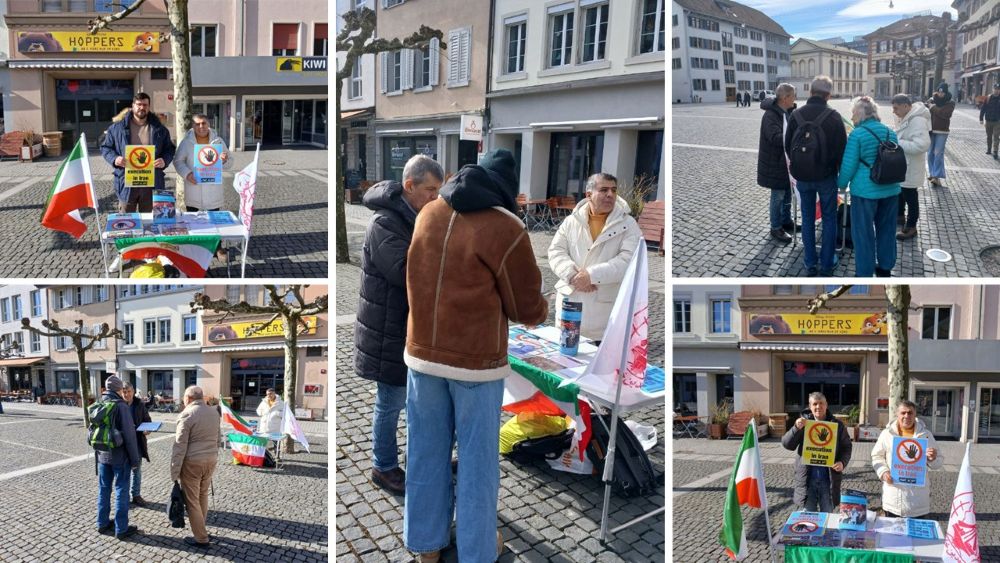
During the fifty-fourth session of the United Nations Human Rights Council held in Geneva, a conference took place on October 5th. The conference’s primary objective was to scrutinize the state of human rights in Iran, particularly under the governance of the clerical dictatorship. Advocates for human rights utilized this platform to call for an extension of the United Nations Fact-Finding Mission, which aimed to investigate the harsh suppression of women-led protests that commenced in September 2022. Additionally, they urged the United Nations to initiate an inquiry into the mass execution of political prisoners that occurred in Iran in 1988.
Antonio Stango, the conference moderator and President of the Italian Federation for Human Rights (FIDU), shed light on the severe human rights situation prevailing in Iran. With a wealth of experience in monitoring global human rights violations, Mr. Stango emphasized his extensive observation of Iran’s human rights landscape over the years.
In his address to the attendees, Mr. Stango underscored the tumultuous events that unfolded in Iran during the past year, characterizing them as a series of protests often likened to a revolution. He expressed deep concern about the widespread repression within the country, citing numerous executions and mass incarcerations of individuals involved in peaceful demonstrations as evidence of this crackdown.
Sonja Biserko, a Former Member of the UN Commission of Inquiry on Human Rights Violations in North Korea (DPRK) and President of the Helsinki Committee for Human Rights in Serbia, drew attention to the persistent issue of impunity within Iran. She emphasized that international reports underscored this problem, with Iran’s security forces operating without accountability, resulting in the suppression of basic freedoms and widespread abuses. Mrs. Biserko highlighted the tragic events of the 1988 extrajudicial executions, where thousands of political prisoners lost their lives in a matter of weeks. She stressed the urgent need for accountability for these heinous crimes.
Mrs. Biserko also emphasized the brutal crackdown on the 2022 uprising in Iran, which led to deaths and executions. She stressed the importance of renewing the UN Human Rights Council’s fact-finding mission to investigate ongoing protests and called for a comprehensive investigation into the 1988 massacre. In the current era of global challenges, Mrs. Biserko underscored the vital role of international criminal law, access to justice, and accountability in achieving peace and justice for all. She urged the international community to persist in addressing human rights violations wherever they occur and to remain resolute in the pursuit of justice and peace.
Tahar Boumedra, Director of JVMI and former Chief of UNAMI Human Rights Office and Representative of the HCHR in Iraq, criticized the Islamic Republic of Iran’s behavior towards the United Nations Human Rights Council, particularly its denial, deflection, and refusal to address human rights violations and their pretexts. Mr. Boumedra highlighted recent legislation in Iran related to mandatory dress codes and chastity, which was passed after the death of Mahsa Amini, a 22-year-old woman who died in police custody. This led to nationwide protests and a significant number of casualties. Mr. Boumedra emphasized that Iran is bound by the International Covenant on Civil and Political Rights (ICCPR), which it signed and ratified in 1975.
Mr. Boumedra further emphasized the enforced disappearances and extrajudicial killings of thousands of prisoners by Iranian authorities between July and September 1988. He mentioned the fatwa issued by Ayatollah Khomeini, which ordered the execution of imprisoned opponents, and he cited reports from various international organizations on this matter. He called for accountability and highlighted that distinguished former international judges supported this call in a conference in Paris in August 2023. They recommended renewing the mandates of the international fact-finding mission to investigate the 2022 protests and expanding its mandate to cover the 1988 mass murder of political prisoners.
Laurence Fehlmann Rielle, a Member of the National Council of Switzerland, expressed deep concern about the ongoing repression and lack of freedom in Iran, especially for women. She highlighted the uprising following the murder of Mahsa Amini, which challenged the regime’s propaganda of unwavering power. Mrs. Rielle called for urgent global action to abolish the death penalty and urged the international community to exert genuine pressure on Iran rather than merely condemning executions in words. She also stressed the need for Switzerland, given its commitment to abolishing the death penalty, to play a more active role and called for a comprehensive international investigation into recent events in Iran. Mrs. Rielle commended the courage of Iranian women and urged continued efforts to promote human rights and democracy in Iran.
Kirsty Brimelow KC, a renowned human rights advocate and former chair of the Criminal Bar Association, highlighted the urgent need for accountability regarding the 1988 massacre in Iran, which remains shrouded in impunity after 35 years. She emphasized the extrajudicial nature of the killings, denouncing them as crimes against humanity. Mrs. Brimelow pointed out that many perpetrators still hold high-ranking positions in Iran, and witnesses are dwindling while mass graves are being destroyed. Families of the victims seek closure and demand accountability, and she urged international action. She called for the United Nations to establish an international tribunal for a formal investigation and stressed the importance of collecting evidence for potential prosecutions.



